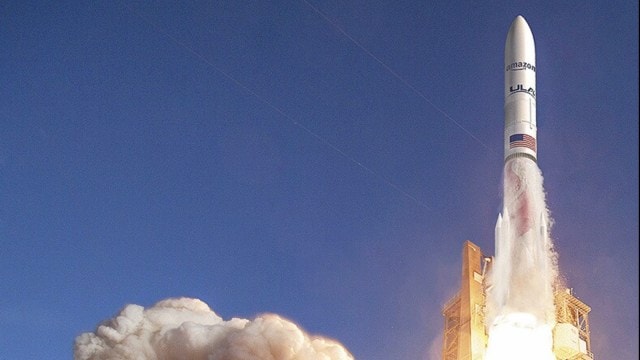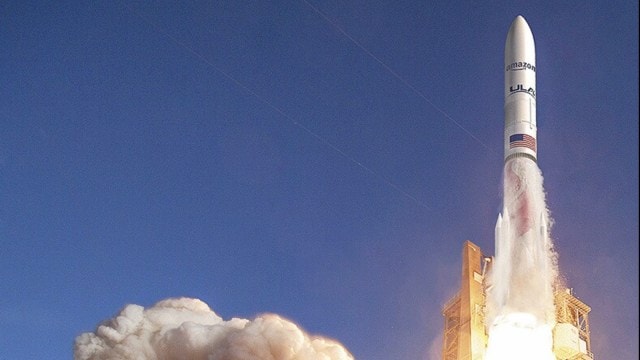Amazon Initiates Project Kuiper with First Satellite Launch
Amazon has successfully launched its first 27 satellites for Project Kuiper, a $10 billion initiative aimed at providing global broadband internet coverage. The launch took place from Florida’s Cape Canaveral Space Force Station on an Atlas V rocket provided by United Launch Alliance, a joint venture between Boeing and Lockheed Martin. This marks the beginning of Amazon’s ambitious plan to deploy 3,236 satellites in low-Earth orbit, with the goal of delivering internet services to consumers, businesses, and governments worldwide, particularly in underserved rural areas.

Project Kuiper is Amazon’s significant foray into the satellite internet market, directly competing with SpaceX’s Starlink, which has already deployed over 8,000 satellites since 2019. Amazon’s initiative is positioned as a boon for rural connectivity, where internet access is sparse or nonexistent. The company faces a deadline set by the U.S. Federal Communications Commission to deploy half of its constellation, 1,618 satellites, by mid-2026. Analysts suggest that Amazon may need to seek an extension due to the delayed start.
Amazon’s strategy includes manufacturing consumer terminals, with plans to produce tens of millions of devices at under $400 each. The company has secured 83 rocket launches from various providers, including ULA, Arianespace, and Blue Origin, marking the largest launch deal in the industry.
Amazon Executive Chairman Jeff Bezos expressed confidence in Kuiper’s potential to compete with Starlink, citing ‘insatiable demand’ for internet services. He predicted success for both Kuiper and Starlink, highlighting the potential for multiple winners in the satellite internet market.
The launch of Project Kuiper represents Amazon’s significant bet on satellite technology, leveraging its consumer product experience and cloud computing capabilities to differentiate its service from competitors.


